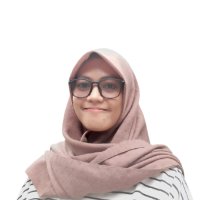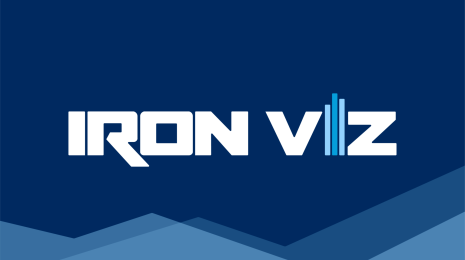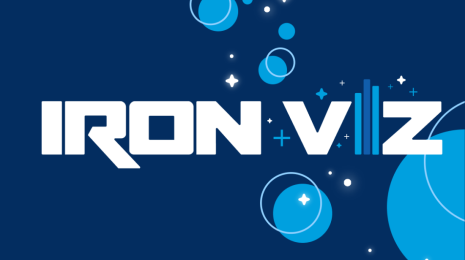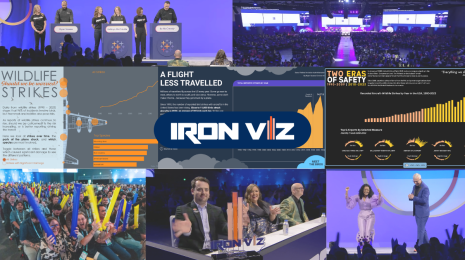Data Viz Competition Tips from Tableau Ambassador Gandes Goldestan
Tableau plays a huge role in helping users get to insights quickly while telling impactful stories using their data. That means organizations like mine are constantly looking at how they can upskill their users quickly in Tableau so they too can harness the power of rich analysis to make faster and more informed decisions. To do this successfully, and at scale, many have turned to hosting their own Viz Games! Inspired by the wildly popular Iron Viz competition from Tableau Conference, Viz Games are an exciting and fun way for any organization to take their skills to the next level while expanding data culture and engagement on data analysis.
Most recently, I watched Salesforce’s first Dreamforce Viz Games, where Tableau DataFam members competed to create dashboards to find opportunities in sustainability, equality and innovation space. It introduced data in a fun way to the broader Salesforce audience—some of whom don’t always have data front and center in their day-to-day. Danika Harrod, business owner on Iron Viz shared, “Viz Games and Iron Viz were created for everyone, whether you’re competing and trying to show off your skills or spectating. Everyone can appreciate how data has the power to tell interesting and unique stories which you may never have been able to see without visualizing it.”
Inspired by data viz competitions and their impact, I worked with the Jabar Digital Service (JDS) to launch their own Viz Games, called the Jabar Dataviz Competition as part of the Jabar Data Visualization Festival (JDVF) which was open to all local Indonesian professionals, public officers, and students. Using the theme of "Think Globally, Act Locally", the aim of the competition was to demonstrate the power of data visualization and storytelling. All visualizations were published on Tableau Public. With my experience as a Tableau Ambassador, my role was to advise the organizers as they brought this competition to life. We had thousands jumping online to learn Tableau in the lead up to the event and over 200 submissions for the competition!
Here I share my top 5 tips and learnings so you too can run your own version of Viz Games to uplevel your community in a fun and engaging way.
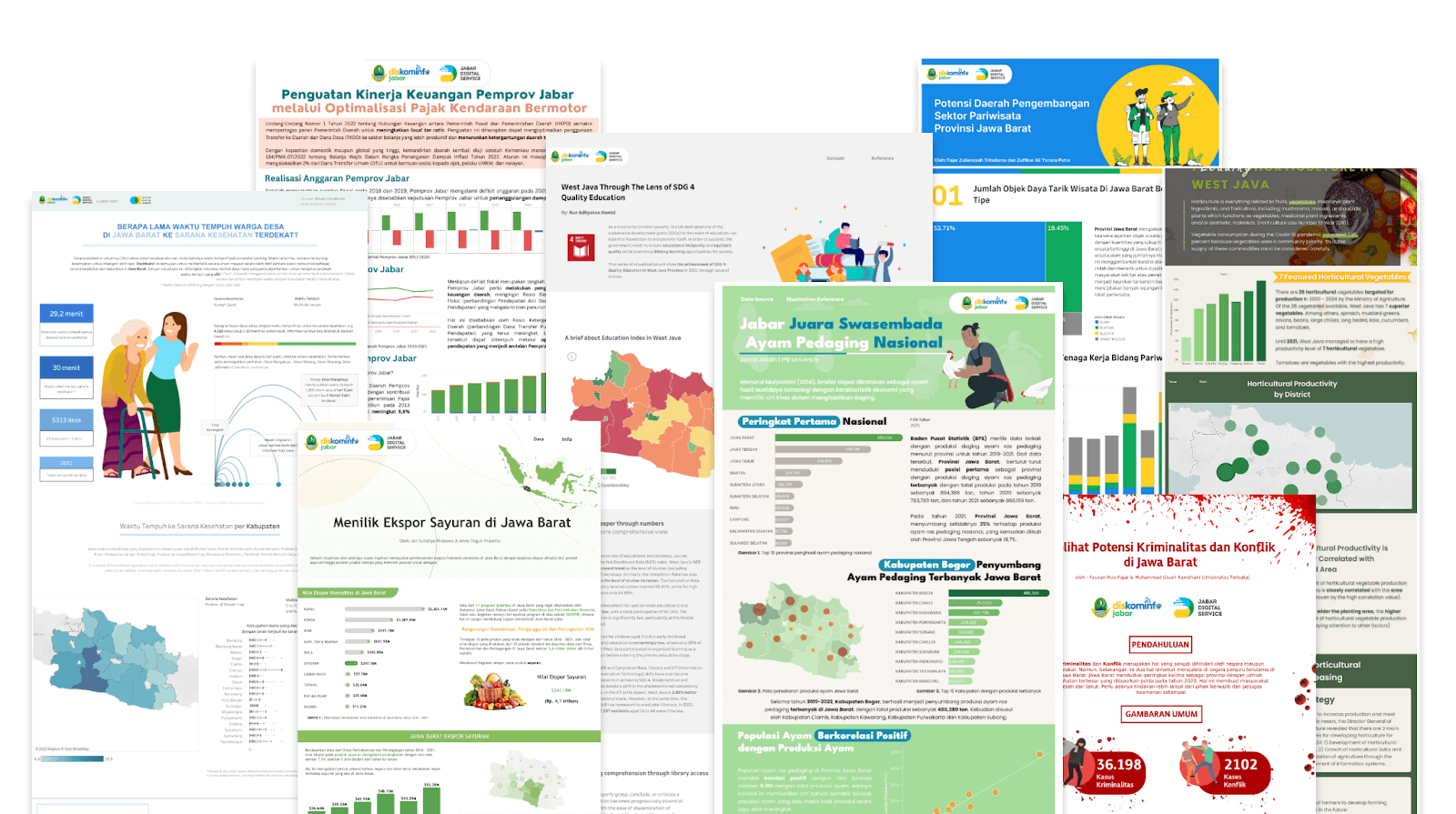
1. Get executive stakeholder sponsorship
To get the maximum impact of your Viz Games you need leaders and executives to buy into the vision. If you don’t, not only do you run the risk of low participation but it will also be difficult to gain cross-functional collaboration. The key to gaining executive sponsorship is to communicate clearly:
- Why you are running a Viz Games
- Who are the participants
- Expectations for the program, what will be the positive impact
- What support is required
2. Arrange Workshops
A Viz Games is designed to upskill everyone so its participants are all armed with the same foundational knowledge on data and Tableau or your analytics tool of choice. If you’re just getting started, we recommend checking out these free “Getting Started” resources based on your role. The Tableau Community is also a must stop destination for learning by fellow users on tips and tricks and more. Use this “How to get started with the Tableau Community” as a stepping stone to dive right in.
In the JDVF competition, we hosted a series of workshops. It was important to consider that everyone learns differently and at their own pace so opportunities to learn were available both in person and digitally. Digital content was made publicly accessible through the Jabar Digital Service YouTube channel. In person, the same content was delivered in the Jawara Data Camp. Topics that were covered:
- Best practices of data storytelling in-depth
- Hands-on practice
- How to plan a dashboard using a storyboard
- How to use and publish on Tableau Public
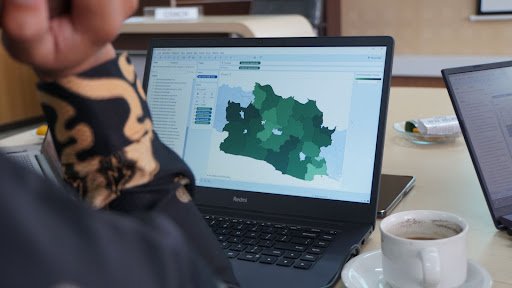
My proficiency in Tableau is already established but I knew others that were at varying levels of Tableau. Having the competition start with the basics and then share resources on how folks can continue their learning on their own meant everyone began at the same starting line.
3. Use a relatable data set
A great way to build excitement is to choose a dataset for participants that they are familiar with. But if you’re thinking, which data set should I choose? Andy Cotgreave, Tableau’s Senior Technical Evangelist suggests that one advantage viz competition organizers have is using their own organization’s data, which sometimes reveals previously hidden opportunities.
In the Jabar Dataviz Competition 2022, participants were tasked with utilizing data in the environment of West Java Province, which was readily available in Open Data Jabar. Because of this, a variety of views and perspectives on various social, economic, infrastructure, poverty, population, health, environmental, tourism and culture, government, and education issues were uncovered which the West Java Provincial Government aims to use in the future to support better policy and decision-making.
4. Interesting Prizes and Winning Categories
Even if you do everything right in the lead up to your Viz Games, getting participants can still be challenging unless you have interesting prizes. This helps to garner participants who wouldn’t normally be interested.
I found that by having prizes, it helped to drive a competitive spirit and motivate participants to put in maximum effort to win. The total prize provided in Jabar Dataviz Competition 2022 was 75++ million (IDR), consisting of prizes in cash, book, credit for Cloud Service, and an award certificate from the West Java Provincial Government which was given at the JDVF awards night. Finalists were selected using the Viz Games scoring with 10 public categories and 10 student categories, each selected by an internal jury team and were given the opportunity to present in front of a final round of judges from the Tableau community and other enterprise companies.
If your budget is limited, consider giving smaller prizes and special category winners in your organization such as:
- Special awards – e.g. Best Data Storyteller
- Company swag
- Lunch with a leader
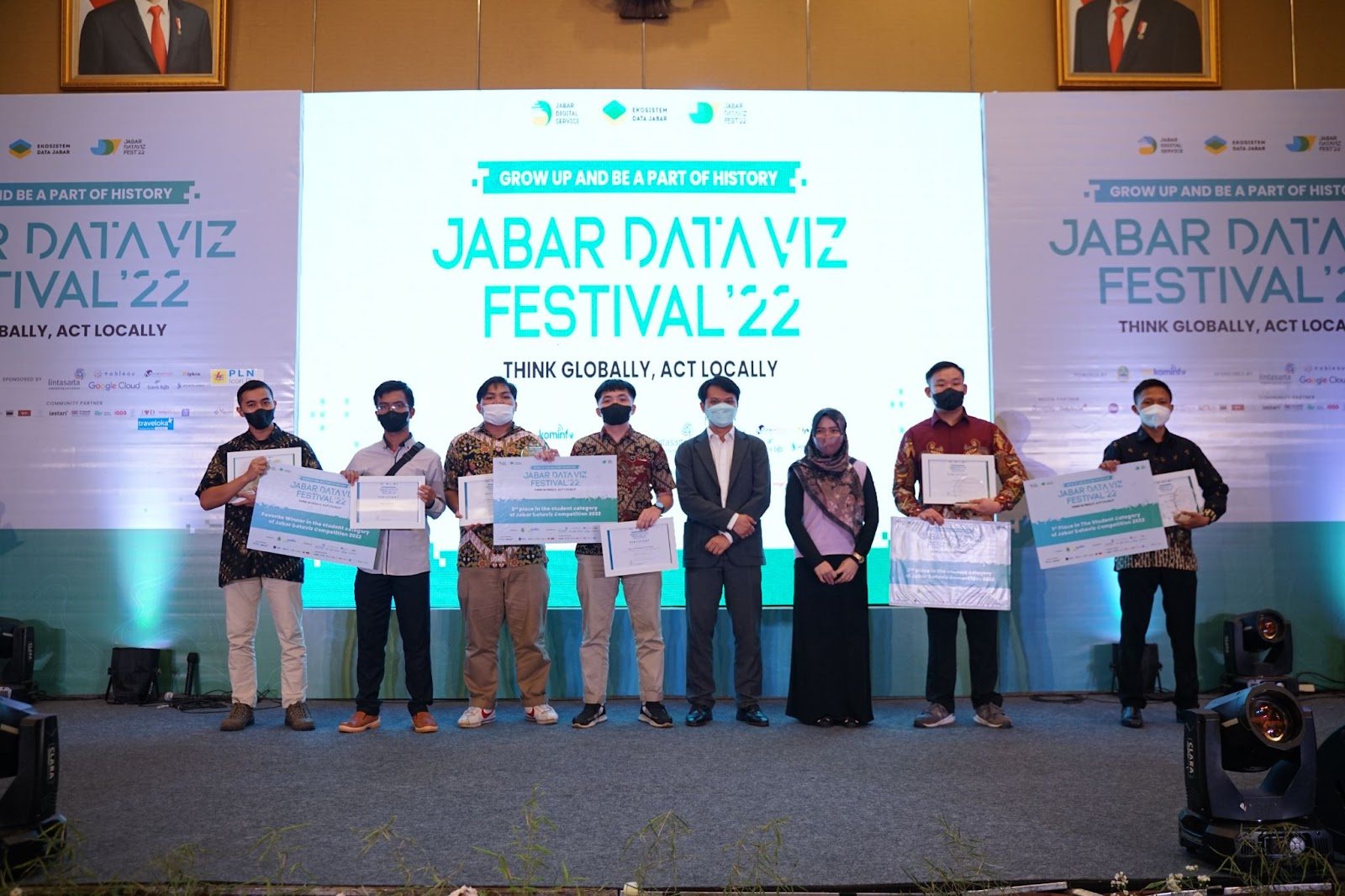
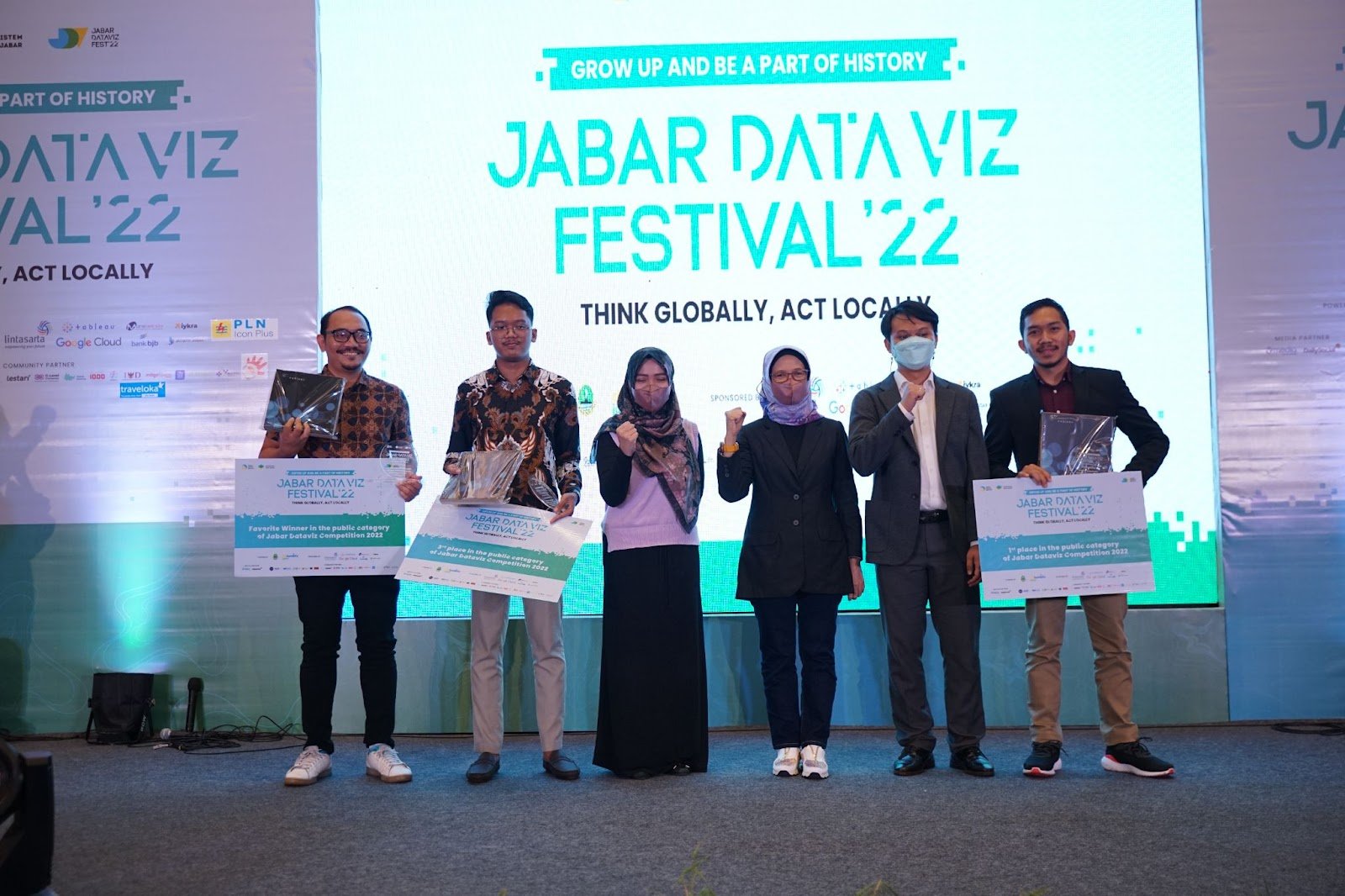
5. Showcase the Vizzes and the Winners
Highlighting the visualizations and winners from the Viz Games through a showcase shows stakeholders and participants the value of the work and an opportunity to show gratitude to everyone who contributed. At JDVF winners shared their stories and what inspired them which hopefully inspired many others to continue their data journey.
Running a Viz Games can feel like a big task but a unique way to engage data users and upskill with the community. In her winning speech, Gandes said “One way to learn data quickly is to engage with the community. There are many things we can learn from #DataFam members around the world and in the end we can also share the knowledge to expand data literacy to the society, one of which is through events set up by the government like this."
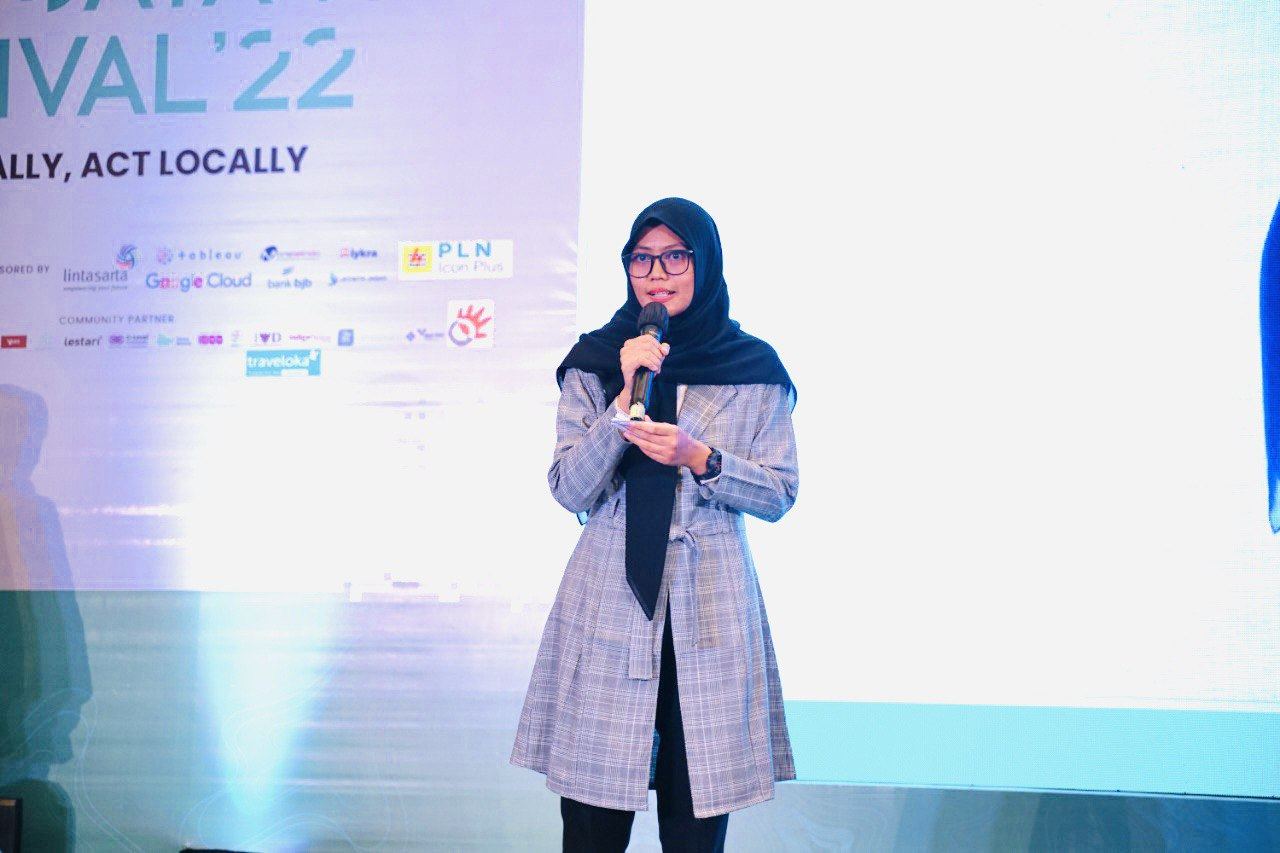
All JDVF 2022 Team Committee in Awarding Night Event (19 November 2022)
Feeling inspired to run your own Viz Games?
- Read more here on What is a Viz Game?
- Use the Viz Games Toolkit as a step-by-step guide.
- See what the Community is creating and be inspired by all the visualizations on Tableau Public.
- Receive the latest and greatest on program news, member profiles, events and more by signing up for our Community newsletter (DataFam Digest).
